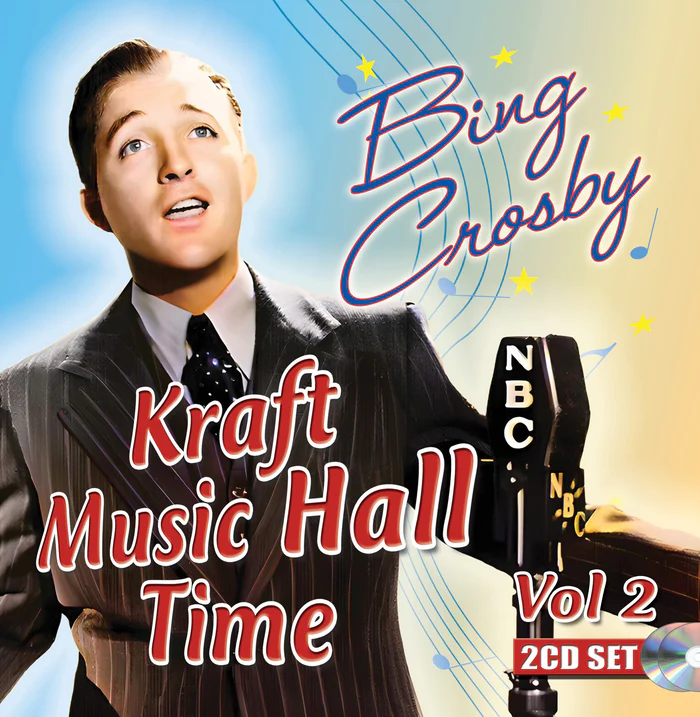The Bing Crosby Estate
Hillsborough
Inquire for Price
11 Beds |
10 Full Baths and 5 Half Baths |
18,535 Sq Ft
A rare opportunity to own a piece of history, the Bing Crosby Estate is a grand French chateau-style residence originally built in 1929 (*per tax records). Nestled in the prestigious Lower North Hillsborough area, this remarkable estate spans approximately 13,635 square feet of finished space (per floorplan artist) and 18,535 square feet in total, including finished and unfinished areas. Situated on 5.38 acres, the property comprises four parcels:APN: 027-341-030 – 21,780 sq. ft. (0.5 acres)
APN: 027-330-490 – 36,590 sq. ft. (0.84 acres)
APN: 027-330-500 – 12,632 sq. ft. (0.29 acres)
APN: 027-341-070 – 163,437 sq. ft. (3.75 acres, house parcel)
The estate boasts 11 bedrooms, 10 full bathrooms, and 5 half bathrooms, blending timeless elegance with historic significance.
Commissioned by Lindsay Howard, son of a prominent Buick distributor, as a wedding gift for his bride Anita Zabala, the home was designed by celebrated San Francisco architects John Bakewell Jr. and Ernest Weihe. Bakewell was renowned for his work on San Francisco City Hall, while Weihe contributed to projects such as the San Francisco Hall of Justice and the Morrison Planetarium.
In 1938, after Howard’s marriage ended, his father, Charles Howard Sr., a Buick magnate and legendary owner of Seabiscuit, acquired the property. The estate once included a barn, horse stalls, an oval riding track, and a pasture where racehorses were rested between competitions at Tanforan and Bay Meadows.
The estate later captured the heart of Bing Crosby, one of America’s most beloved entertainers. A longtime friend of Lindsay Howard, Crosby had admired the home for years, particularly its racehorse portrait gallery and garage of classic Buick racing cars. In the early 1960s, after multiple ownership changes and subdivision of the estate, Crosby acquired the property as a surprise for his wife, Kathryn, fulfilling her childhood dream. In December 1965, the Crosbys moved in with their children Harry Lillis Jr., Nathaniel, and Mary Frances.
With Kathryn and John Scott Trotter (Bing’s musical director), the couple made extensive renovations, incorporating antiques from William Randolph Hearst’s collection. These additions included a wooden staircase banister, linen fold paneling, and custom furnishings. The estate was staffed by 10 employees, including English butler Alan Fisher, who previously served Princess Elizabeth (later Queen Elizabeth II) and later worked for Prince Charles and Princess Diana.
The estate embodies the grandeur of 1920s French chateau architecture, with exquisite craftsmanship and period details preserved throughout. Notable spaces include:
Main Level:Grand Entry Hall – Featuring a stunning staircase and a powder room tucked beneath.
Smoke Room – Includes a built-in bar and a half bath.
Library – A stately space with rich wood paneling, a fireplace, and built-in bookcases.
Formal Living Room – Adorned with French doors, a grand fireplace, and chandeliers.
Formal Dining Room – Kathryn Crosby’s dining sanctuary, highlighted by a Venetian chandelier and hand-painted rose garden walls by artist Al Proom.
Kitchen & Service Areas – Featuring a pantry, prep room, vintage walk-in fridge, mudroom, and staff office.
Breakfast Nook – A charming space adjacent to the dining and kitchen.
Basement – Houses laundry facilities, storage, and a mechanical room.
Upper Levels:Primary Suite (Bedroom 2) – Features a vestibule, dual closets, his-and-hers baths, and a fireplace.
Additional Bedrooms (3-5) – Each with en-suite bathrooms and spacious closets.
Circular Room with Deck – A unique space, possibly once used as a private salon.
Staff Wing & Attic:Separate Staff Quarters – Includes multiple bedrooms and bathrooms.
Attic Suite – Features Bedroom 11 with a half bath, a large entertainment room with a pool table, and ample storage.
A Legacy of Elegance & Prestige
The Bing Crosby Estate stands as a timeless icon, steeped in history and prestige. From the legacy of Seabiscuit and Lindsay Howard to the grandeur of Bing Crosby’s legendary residency, this estate is a rare offering in Hillsborough’s most distinguished enclave. A true sanctuary of elegance, this is more than a home—it is a living piece of history...









_(album_cover).jpg)


